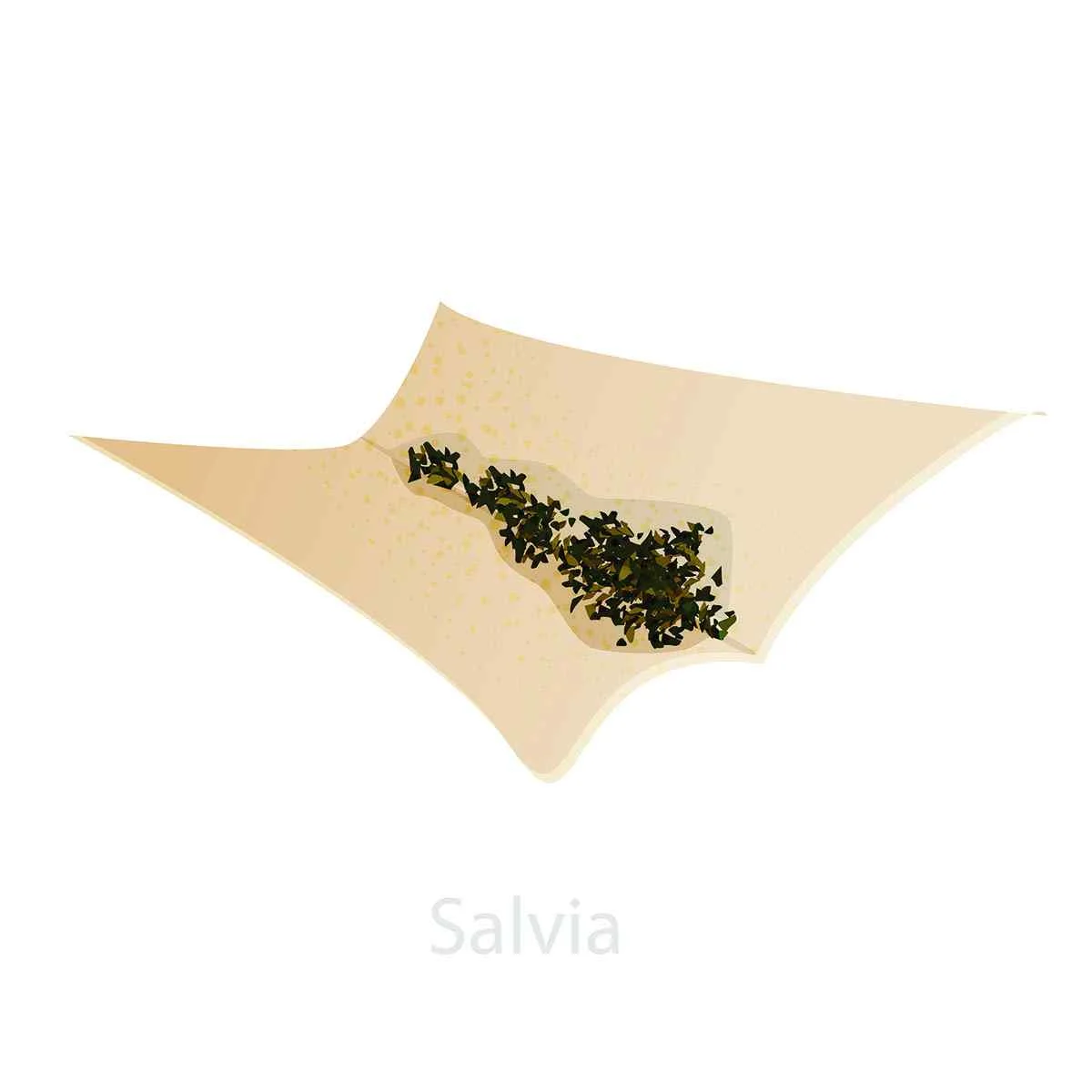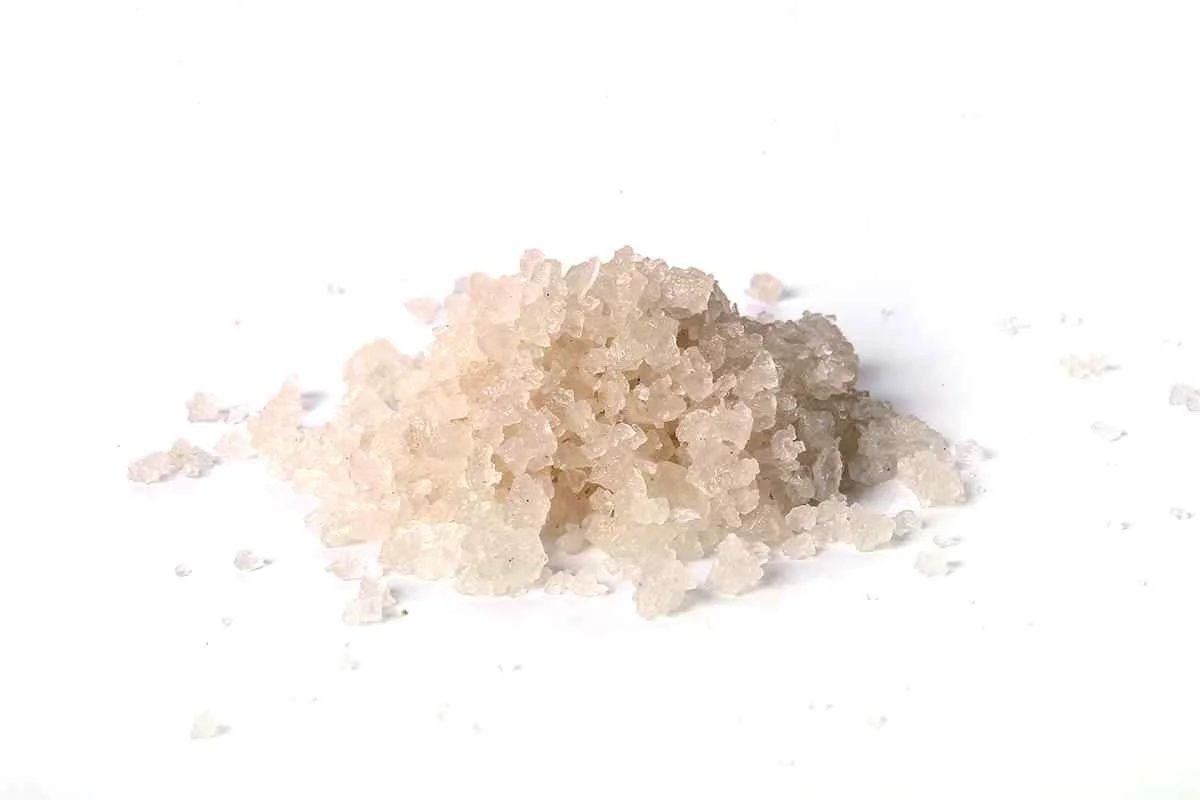Salvia Addiction
Salvia (Salvia divinorum or salvinorin A) is part of the Lamiaceae family and bears a strong resemblance to the average mint plant. Due to this, those suffering from salvia addiction might find it easy to disguise their substance abuse from loved ones and friends. What separates this substance from the more commonly known mint is the salvia side effects that many abusers use the substance for. The plant contains psychoactive compounds that cause its users to see and feel things that are not there. For this reason, some have claimed that the side effects of salvia regarding hallucinogenic properties could be the most potent of their kind.

The team at Better Addiction Care knows how frightening it is to be either in a position where a loved one may have a salvia addiction or to be the one suffering the addiction potential of salvia firsthand. In order to help those seeking salvia addiction treatment, either for themselves or someone they care about, our expert sobriety resource team provides our insights into the abuse and addiction of this form of substance.
Signs of Salvia Abuse
Knowing whether a loved one has experienced illicit uses for salvia may be difficult, especially considering the unassuming nature of the plant’s presence and likeness to standard mint leaves. The best way to see salvia uses and if you know somebody who is experiencing it is to observe them and see if the typical signs of salvia addiction and misuse are present. These signs include:
- Experiencing withdrawal symptoms from not using salvia
- Taking more and more salvia than intended
- Failure to stop using salvia despite personal wishes
- Cravings for salvia
- Putting in a lot of time and effort to get or use salvia
- Continued use of salvia despite physical or psychological problems
- Using salvia despite putting oneself in danger
- Taking salvia despite the problems it causes in the user’s relationships
- Failure to fulfill responsibilities at home, work, or school due to salvia use
Although some of these signs may be harder to spot if the user has only recently begun taking the substance regularly, there are some other signs that could be more obvious to observe over time if you know the person well. If you have noticed a change in someone’s demeanor regarding any of the following, it could be the result of a salvia addiction and abuse that has been going on since the changes were noticed:
- Changes in behavior (like sleeping and eating patterns)
- Problems with hygiene or appearance
- Health issues (such as depression)
- Changes in mood and personality
- School or work concerns (including missing classes, declining grades, or decreased work performance)
Many addiction issues begin at a young age and can spiral into becoming greater problems into the adulthood of these users. That is why it is important to be open and honest regarding any concerns over drug use with a minor if you are a parent or parental figure. Salvia addiction treatment can be routed at the beginning of the issues and could lead to a better life experience and preparation for one not tainted by addiction. But how real is the possibility of a salvia addiction?
Is Salvia Addictive?
Compared to other hallucinogens, the effects of salvia are short but intense. This is, in many ways, the reason that so many have decided to try it over other, more mainstream hallucinogenic substances. Depending on the intake method, the effects of salvia usually last for roughly 30 minutes, with the peak occurring within the first two minutes. Because of the lack of constant use and want for more, it is fortunately quite rare for people to develop an addiction to the substance. Keep in mind that while the addiction potential for salvia is low, frequent use may result in developing a psychological dependence on it.
Another issue surrounding salvia addiction is the fact that by federal law, salvia is not illegal to use apart from a handful of states such as Delaware and Texas. This makes it a commonly used recreational drug, especially because it can mimic the effects of other banned drugs, such as LSD (acid), without having the label of illegality attached to it. In short, a salvia addiction may be rare, but the abuse of such a substance should not be taken lightly. Get sober before the addiction spirals into an issue with substance abuse that can be carried for life.
The Sobriety Resource for Salvia Users
If you or somebody you know is potentially suffering from a salvia addiction, then be sure to get the substance abuse treatment needed by using the free sobriety resources offered by the team at Better Addiction Care. Our team offers treatment articles tackling everything from getting sober the right way to handling a mental health situation, all of which are sure to shine some insight into the world of substance abuse and mental health.
On top of this, our team provides a free online directory that can help connect those suffering from any issues related to mental health or addiction. They will be able to connect with the right mental health treatment center, substance abuse rehabilitation center, or dual diagnosis treatment center anywhere in the country. All of these resources are free and can be used by anyone seeking help for themselves or somebody they know.
If you have any questions related to these resources or how they can help you, be sure to reach out to our team and get answers from the sobriety resource providers you can trust.






